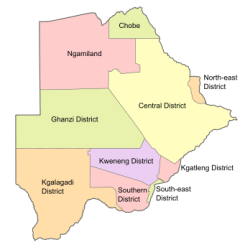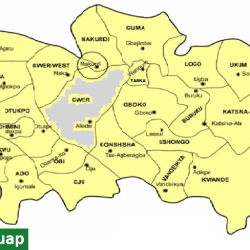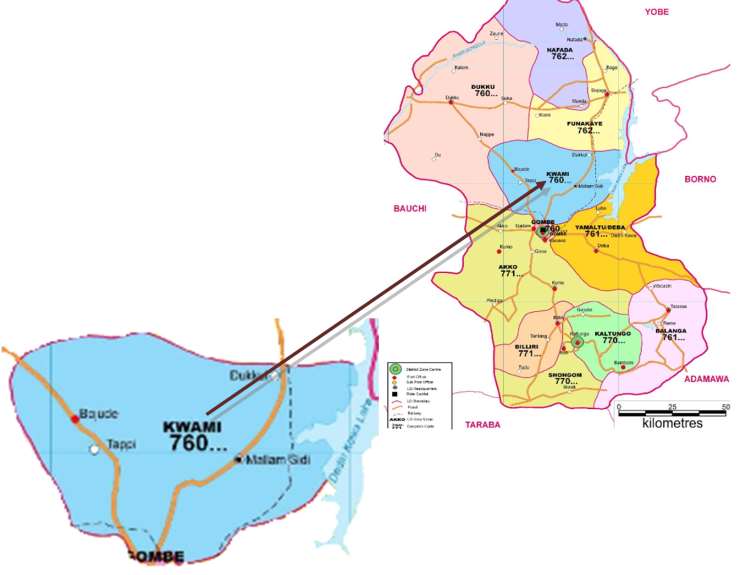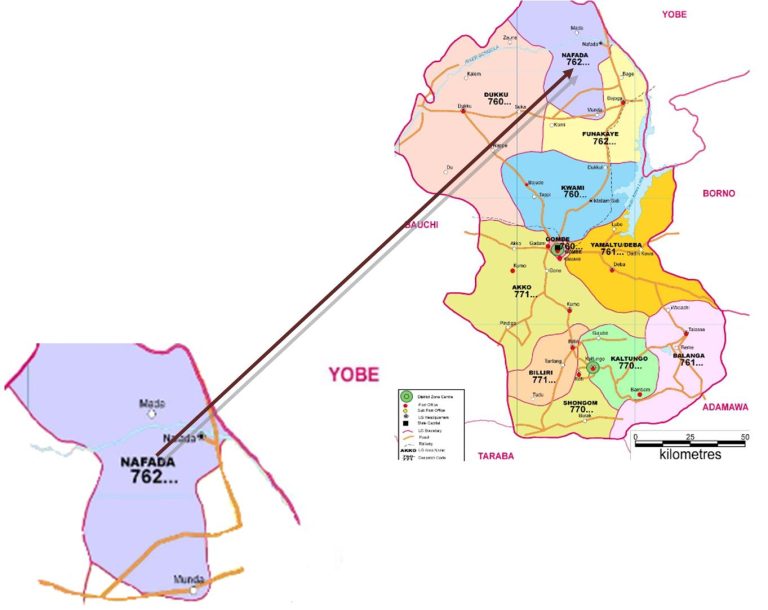Places and their polling units in Maun East, Botswana are:
008 Thamalakane South
0031 Borolong Kgotla
0032 Thito Primary School
0033 Thuso Rehabilitation Centre
0034 Maun Stadium
009 Thamalakane North
0035 Letsholathebe Primary School
0036 Wenela VDC
0037 Maun Counselling Centre
0038 Thamalakane Primary School
0039 UCCSA Church
0040 Sedie Hotel Tent
0041 Matlapana Old Bridge Tent
010 Matlapana
0042 Matlapana Primary School
0043 Legothwana VDC
0044 University of Botswana
0045 Sexaxa VDC
0046 Open Space Near The Matlapana Circle
011 Disana
0047 Old Disana Clinic
0048 Disaneng Primary School
0049 New Disana Tent
0050 Bocodol
012 Boseja North
0051 Boseja Primary School
0052 Tsodilo JSS
0053 Young Stars Football Grounds
0054 Delta Waters International School
0055 Andrew Wellio Primary School
013 Boseja South
0056 Boseja Kgotla
0057 Thogo Ya Tonki Tent
0058 Samedupi VDC
0059 New Boseja Clinic
0060 Leapotswe English Medium School
0061 Black Lions Football Ground Tent
0062 Mmaphiri Football Ground Tent
0063 Midas Tent
014 Gxhabara
0064 Kubung Primary School
0065 Maun Senior Secondary School
0066 Gxhabara Primary School
0067 Xobe 1 VDC
0068 Thamalakane East VDC
0069 Gxhabara VDC
0070 Samedupe No. 2 VDC
015 Makalamabedi
0071 Makalamabedi Primary School
0072 Tatamoga Mobile Stop
0073 Bonno Ranch Tent
0074 Palamaokuwe Ranch Tent
0075 Bofiwakgomo Ranch Tent
0076 Phenyo Ranch Tent
0077 Chanoga Boseja Mobile Stop
0078 Kookale Boseja Tent
0079 Xobe 2 VDC
0080 Dikgathong VDC
016 Chanoga-Phuduhudu
0081 Chanoga Primary School
0082 Xhana Mobile Stop
0083 Mogolokwane Primary School
0084 Mawana VDC
0085 Tsibogo-La-Matebele Tent
0086 Kookale Tent
0087 Xeridom Mobile Clinic
0088 Nxai Pan Wildlife Offices
017 Sankuyo-Shorobe
0089 Sankuyo Primary School
0090 Shorobe Primary School
0091 Shokomoka Tent
0092 Matsaudi Primary School
0093 Mochaba Tent
0094 Shorobe Kgotla
018 Khwai-Mababe
0095 Khwai VDC
0096 Mababe Primary School
0097 Xakanaxa Wildlife Camp
Reference: iec.gov.bw/index.php/electoral-districts/polling-stations.html
Botswana
Botswana is a country in Africa. It is topographically flat, with approximately 70 percent of its territory being the Kalahari Desert.
It is bordered by South Africa to the south and southeast, Namibia to the west and north, and Zimbabwe to the northeast.
Capital: Gaborone
Currency: Botswanan Pula
Official language: English
Population: 2.588 million (2021) World Bank
Dialing code: +267
Gross Domestic Product: 17.61 billion USD (2021) World Bank
Botswana’s ten districts are:
- Southern District
- South-East District
- Kweneng District
- Kgatleng District
- Central District
- North-East District
- Ngamiland District
- Kgalagadi District
- Chobe District
- Ghanzi District
Botswana’s councils created from urban or town councils are: Gaborone City, Francistown, Lobatse Town, Selebi-Phikwe Town, Jwaneng Town, Orapa Town and Sowa Township.

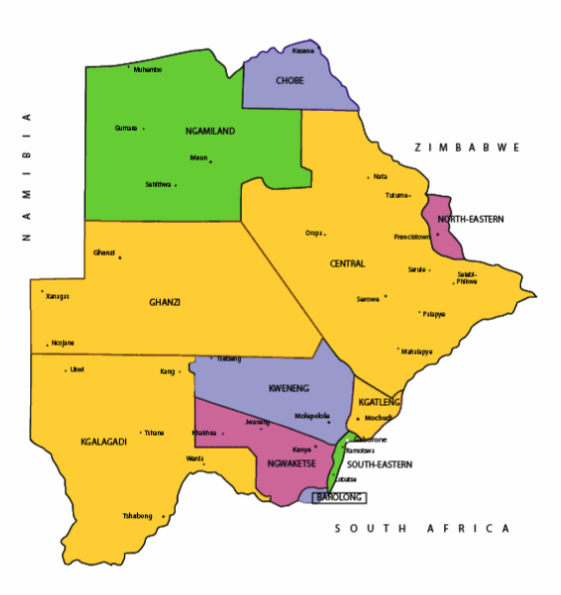




The name Botswana refers to ‘Land of the Tswana’. The landlocked, Southern Africa country is officially known as the Republic of Botswana.














Botswana is connected to Zambia through the Kazungula Bridge making it the world’s shortest border between two countries.
A country of slightly over 2 million people (2021), Botswana is one of the most sparsely populated countries in the world. It is essentially the nation state of the Tswana ethnic group, who make up 79% of the population.

About 11.6 per cent of the population lives in the capital and largest city, Gaborone.
Formerly one of the world’s poorest countries—with a GDP per capita of about US$70 per year in the late 1960s—it has since transformed itself into an upper-middle-income country, with one of the world’s fastest-growing economies.


The Tswana ethnic group were descended mainly from Bantu-speaking tribes who migrated southward of Africa to modern Botswana, living in tribal enclaves as farmers and herders.




In 1885, the British colonised the area and declared a protectorate under the name of Bechuanaland.
As colonisation stopped, Bechuanaland became an independent republic under its current name on 30 September 1966.


Since then, it has been a representative republic, with a consistent record of uninterrupted democratic elections and the lowest perceived corruption ranking in Africa since at least 1998.

The economy is dominated by mining and tourism. Botswana has a GDP (purchasing power parity) per capita of about $18,113 as of 2021, one of the highest in subsaharan Africa.


Botswana is the world’s biggest diamond producing country.
Its relatively high gross national income per capita gives the country a high standard of living and the third-highest Human Development Index of continental Sub-Saharan Africa (after Gabon and South Africa).
The country has been adversely affected by the HIV/AIDS epidemic. In 2002, Botswana began offering anti-retroviral drugs (ARVs) to help combat the epidemic.
Botswana is a member of the Southern African Customs Union, the Southern African Development Community, the Commonwealth of Nations, and the United Nations.
